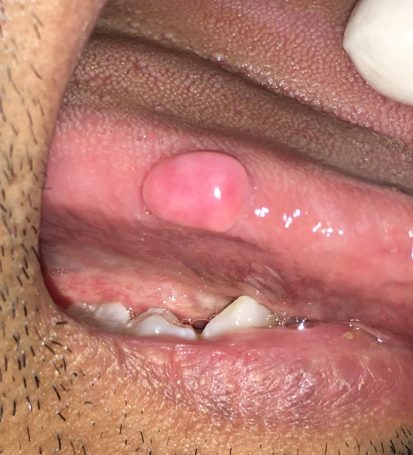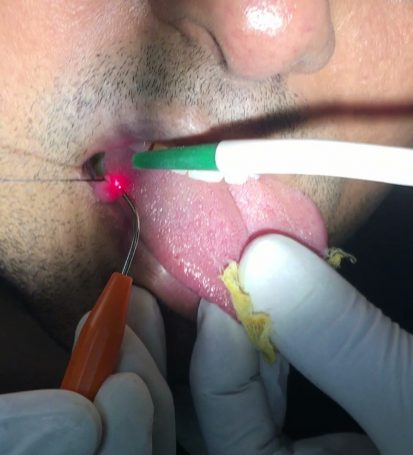Laser Dentistry: An Overview
Medical professionals use lasers, which are extremely focused light beams, to alter or remove tissue in small amounts. Laser surgery is not limited to dentistry, but many people have never heard of laser dentistry before having it done. Dentists use lasers in a variety of procedures involving the inside of the mouth, be it to remove overgrown tissue, to reshape the gums, or to whiten teeth. Sometimes, laser dentistry is ideal for children who become anxious or afraid when having dental work done.
What Laser Dentistry Can Treat
Most issues laser dentistry treats are related to the gums. Some of these include:
- Canker sore and cold sore pain treatments.
- Treating root canal infections.
- Treating gum disease.
- Removing gum inflammation.
- Gum reshaping
- Biopsies.
- Exposing wisdom teeth.
- Removing throat tissue that causes sleep apnea.
- Regenerating damaged nerves.
- Removing benign oral tumours.
Benefits of Laser Dentistry
Dentists choose laser dentistry because of distinct benefits that make the procedures go more smoothly, and also reduce discomfort and healing time for patients.
- Patients are less likely to require sutures
- Anesthesia may not be necessary
- The laser will sterilize the gums, making infection less likely
- Less damage to gums shortens the healing time
- Patients lose less blood than traditional surgery
What Happens During Laser Gum Surgery or Other Dentistry?
When you come for your laser dentistry appointment, you might be surprised to discover that the process is very similar to other dentistry appointments, like tooth fillings. You receive anesthesia, though it might not be as much as you’re used to receiving. Some patients who experience anxiety might receive a sedative, too.
During the procedure, you won’t feel any vibrations or discomfort from the laser like you do from the drill. Any bleeding that occurs gets wiped away, just like before. Your mouth will be propped open as the dentist works with the laser to treat your issues.
Post-Operative Expectations
If you’ve ever had gum surgery done without a laser, you can expect that your post-operative experience after laser dentistry will likely be smoother. Because a laser causes far less bleeding than a scalpel, don’t expect the site of your surgery to bleed very much when you get home. You won’t have an open, bleeding wound the way you would with a scalpel procedure.
While you should still follow cleaning and care instructions to the letter, you’re less likely to get an infection. You also won’t typically experience the pain and discomfort associated with scalpel surgery because your post-op irritation is likely to be minor.


